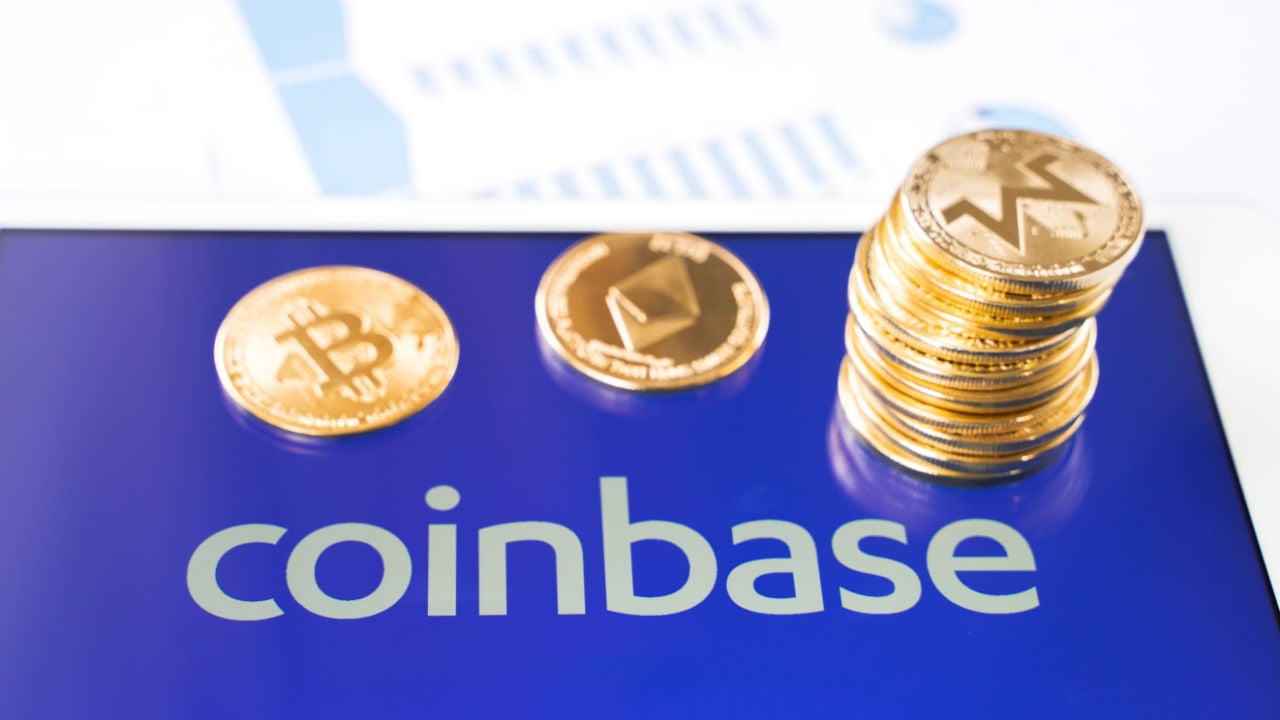According to a recent research report published by the US-based giant cryptocurrency exchange Coinbase, the focus of the crypto market has shifted from fundamentals to the flows in spot Bitcoin (BTC) exchange-traded funds (ETFs). The report highlights significant details about spot Bitcoin ETFs, especially concerning the Grayscale Bitcoin Trust (GBTC).
GBTC-Led Outflows Shake Bitcoin’s Stability
According to Coinbase’s report released last Friday, newly approved spot Bitcoin ETFs in the US experienced their first net outflow week within two months, totaling $836 million between March 18 and March 21. This increase in outflows caused Bitcoin’s price to fall below $63,000.

The report emphasizes the lack of clarity regarding the factors that led to significant outflows from GBTC, reaching $1.83 billion in four days. Coinbase analysts David Duong and David Han noted that other spot ETFs had seen positive inflows in previous weeks, which balanced the outflows from GBTC, suggesting a potential capital rotation during that period. GBTC, known for its higher fund management fees, has been facing intense selling pressure since its approval.
Genesis Global’s Bankruptcy Desk Identified as Main Culprit for Sell-Off
One potential source of selling pressure highlighted in the report was the bankruptcy desk of Genesis Global, responsible for the sale of 35.9 million GBTC shares. Additionally, Genesis used 30.9 million shares as collateral to borrow $1.2 billion from Gemini Earn users in the third quarter of 2022. The cryptocurrency exchange noted that Gemini had agreed with Genesis to return these assets and that payment was expected to be made within a few weeks, pending court approval.
On the other hand, the report underscores the uncertainty surrounding the recent GBTC outflows and their connection to Genesis Global’s sales, noting that the magnitude and scope of the changes in GBTC shares coincided with the latest developments related to Genesis Global’s payment obligations.
Despite these developments, Coinbase emphasized that the majority of creditor payments would be made in cryptocurrency rather than cash, potentially leading to a clear neutral impact on Bitcoin’s market performance.

 Türkçe
Türkçe Español
Español









